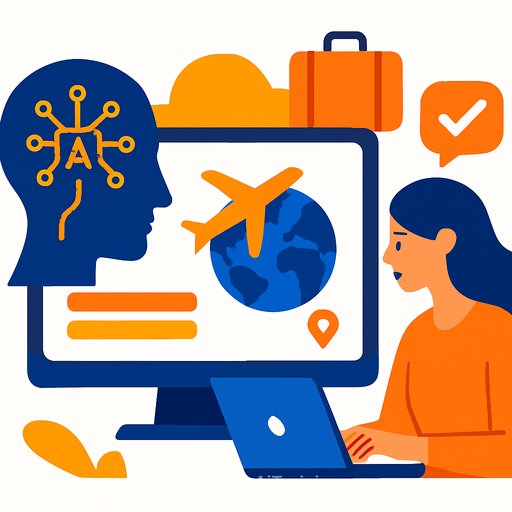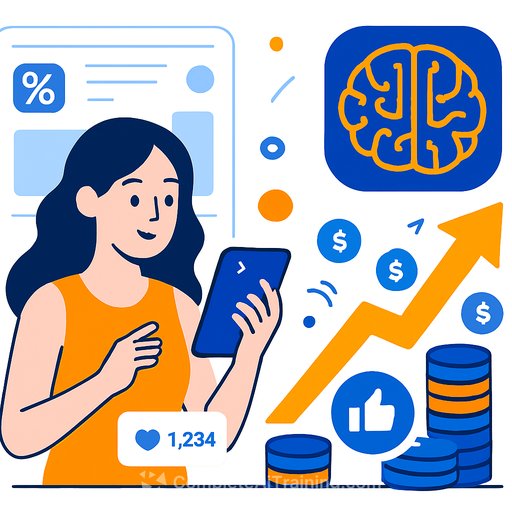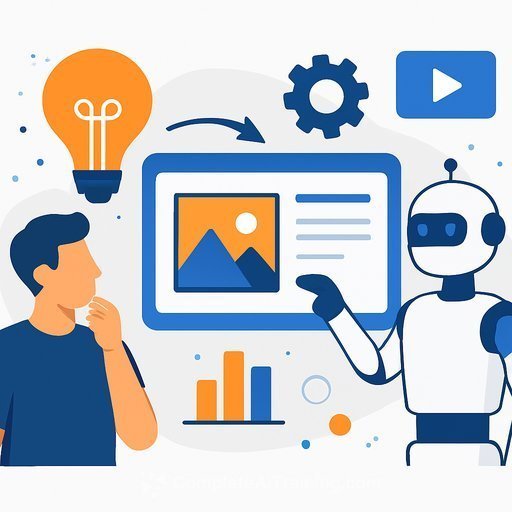API AI Powers Expedia’s Marketing Evolution
Expedia Group, with brands like Expedia, Hotels.com, and VRBO, supports travel worldwide. We explore insights from Jochen Koedijk, Chief Marketing Officer of Expedia Group, on how the CMO role is evolving and how AI is reshaping travel marketing.
The Evolving Role of Marketing
Marketing has become far more data-driven. Initially focused on digital and performance marketing, data now informs the entire marketing funnel, adapting to shifting consumer habits such as cord-cutting and connected TV usage. Creativity remains vital, but marketing increasingly relies on scientific methods and experimentation.
This environment calls for curiosity and agility. Early experiments often fail, but they provide valuable learning. The growing ability to link marketing actions directly to outcomes makes this approach rewarding.
The Role of AI in Marketing
AI supports marketing leaders in three key areas:
- Insights and Analysis: AI enhances lifetime value modeling and bidding with greater precision. Generative AI scales descriptive analytics, providing real-time summaries, trendspotting, and insights without solely relying on analysts.
- Productivity and Creative Development: Generative AI produces content at scale—text, images, videos—boosting the in-house team's output significantly.
- Consumer Behavior: As users adopt generative AI tools like ChatGPT, traditional search and SEO strategies need adjustment. Marketers must adapt to new ways consumers discover and interact with brands.
The Future of Travel Marketing
AI-powered agents are set to become important. For frequent travelers, agents could handle bookings and preferences with minimal input. Leisure travelers may prefer more control but benefit from quick, curated options. This approach compresses multiple searches into fewer interactions, enabling brands to build their own agents that work alongside human support.
Strengthening Customer Relationships with AI
Generative search fits naturally with travel inspiration. Instead of dozens of searches, AI enables a simple back-and-forth to inspire trips. Booking, however, remains tied to trusted platforms. Expedia’s loyalty program, One Key, maintains customer connections from inspiration through booking, rewarding repeat users and fostering deeper relationships.
Fostering AI Fluency in Marketing
Building AI fluency begins with seeing AI as a tool to achieve goals like brand growth and conversions. Expedia benefits from an in-house marketing ML science team but recognizes generative AI lowers the barrier for everyone. Cross-functional teams pairing creatives, ML scientists, developers, and marketers encourage experimentation and reduce fear. The focus is on scaling capabilities, not replacing jobs.
Tangible Outcomes from Cultural Shifts
The cultural shift has led to faster, larger-scale content production. With hundreds of thousands of properties and rentals, generative AI transforms scale into engaging content, especially video. This content supports brand campaigns, social media, and organic channels at speeds previously unattainable. AI also helps moderate content quality to maintain relevance and boost engagement.
Skills for the Future
Success in an AI-driven world depends more on mindset than specific skills. Curiosity, openness, and a tolerance for discomfort during learning are key. Marketers should embrace experimentation and develop skills like prompt engineering and multimodal integration. Collaboration between creatives, developers, and marketers unlocks new possibilities in AI-driven marketing.
Expedia Group uses OpenAI APIs to automate image selection and presentation for travelers, while ChatGPT powers various creative tasks across its marketing department.
Your membership also unlocks:





